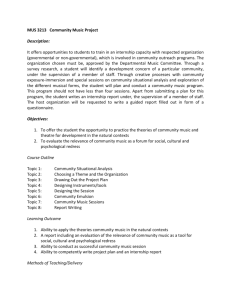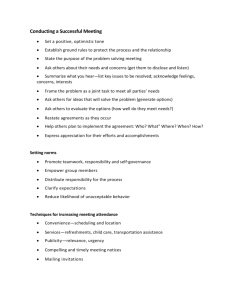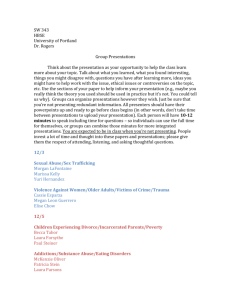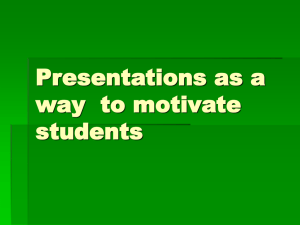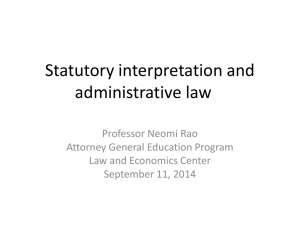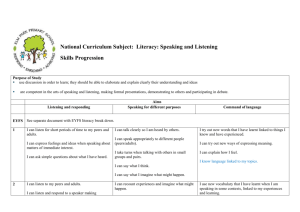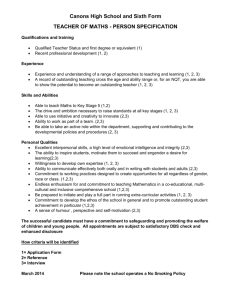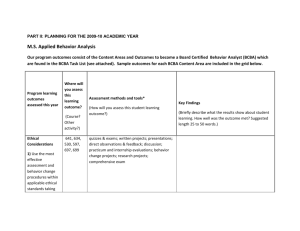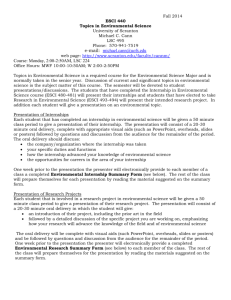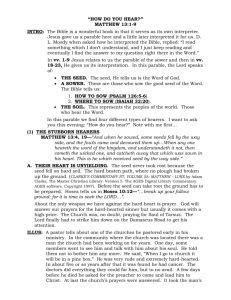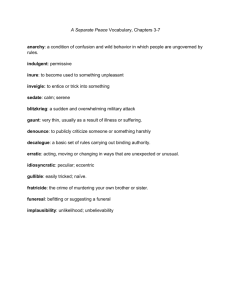Oral Communication Competence
advertisement
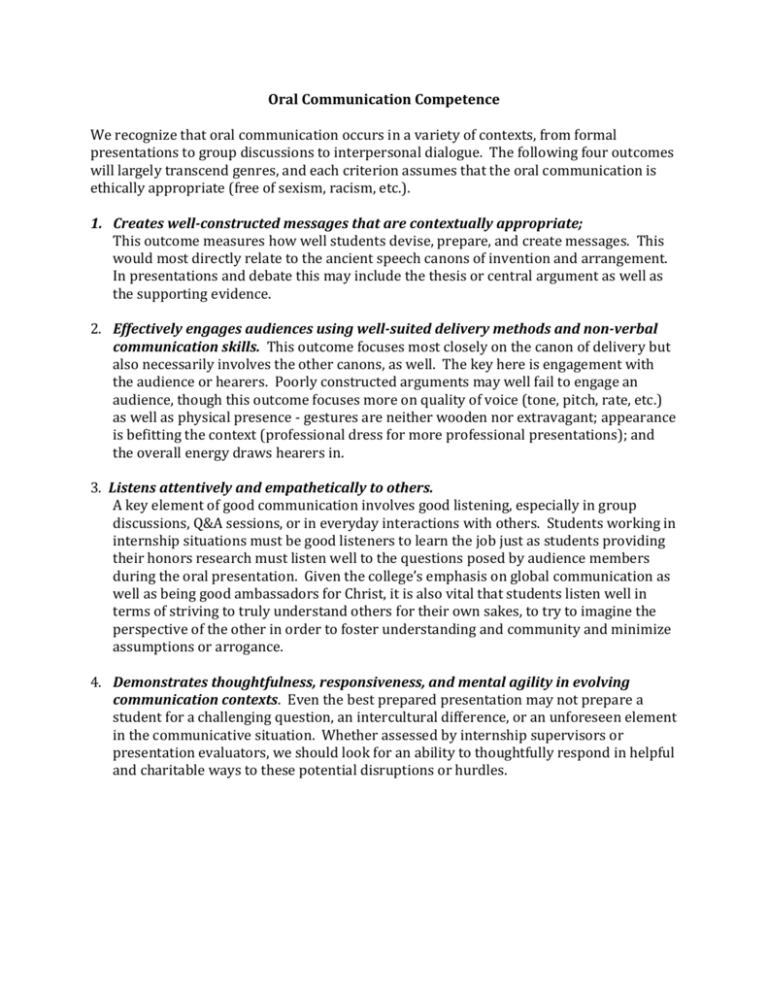
Oral Communication Competence We recognize that oral communication occurs in a variety of contexts, from formal presentations to group discussions to interpersonal dialogue. The following four outcomes will largely transcend genres, and each criterion assumes that the oral communication is ethically appropriate (free of sexism, racism, etc.). 1. Creates well-constructed messages that are contextually appropriate; This outcome measures how well students devise, prepare, and create messages. This would most directly relate to the ancient speech canons of invention and arrangement. In presentations and debate this may include the thesis or central argument as well as the supporting evidence. 2. Effectively engages audiences using well-suited delivery methods and non-verbal communication skills. This outcome focuses most closely on the canon of delivery but also necessarily involves the other canons, as well. The key here is engagement with the audience or hearers. Poorly constructed arguments may well fail to engage an audience, though this outcome focuses more on quality of voice (tone, pitch, rate, etc.) as well as physical presence - gestures are neither wooden nor extravagant; appearance is befitting the context (professional dress for more professional presentations); and the overall energy draws hearers in. 3. Listens attentively and empathetically to others. A key element of good communication involves good listening, especially in group discussions, Q&A sessions, or in everyday interactions with others. Students working in internship situations must be good listeners to learn the job just as students providing their honors research must listen well to the questions posed by audience members during the oral presentation. Given the college’s emphasis on global communication as well as being good ambassadors for Christ, it is also vital that students listen well in terms of striving to truly understand others for their own sakes, to try to imagine the perspective of the other in order to foster understanding and community and minimize assumptions or arrogance. 4. Demonstrates thoughtfulness, responsiveness, and mental agility in evolving communication contexts. Even the best prepared presentation may not prepare a student for a challenging question, an intercultural difference, or an unforeseen element in the communicative situation. Whether assessed by internship supervisors or presentation evaluators, we should look for an ability to thoughtfully respond in helpful and charitable ways to these potential disruptions or hurdles.
